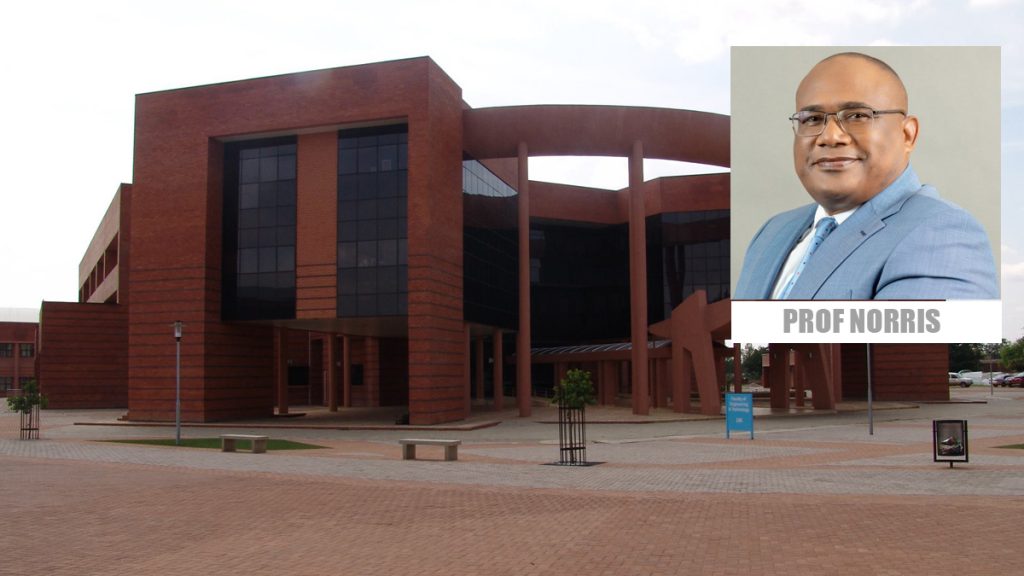Global trends and/or academic rating systems for the attainment of the Professoriate rank have varied over time often necessitating revisions to align with the changing tertiary education landscape.
However, the Sunday Standard article of March 12-18, 2023, which purports that more than 70% of UB professors are bogus and do not meet international standards based solely on the Scopus database, is greatly far-fetched.
Notwithstanding the above, it should be noted that the University of Botswana is a comprehensive university currently going through a process of transformation from a predominantly teaching and learning to a research-intensive institution. The transformation will inevitably create gaps and general disconnects within the academia. Nevertheless, this should not in any way be construed to imply that UB professors are generally bogus. It is in that regard that through its transformation strategy, the university strives for realignment to internationally recognized standards and will continue to review its criteria in line with prevailing global trends.
Invariably, the University of Botswana has and continues to be recognized as a globally reputable institution. The university has put in place robust promotion criteria to the level of Associate Professor and subsequently to that of Professor for its staff members. The process for promotion is constantly reviewed by five external examiners which further attests to a stringent promotion system. Considerations for promotion within UB include research leading to published refereed journal articles appearing in internationally recognized databases such Scopus, Web of Science, PubMed, Embase to name a few. The span of publications should reflect both the national and international readership. A research profile outlining sustained activity, impact, and output at each career stage is also required.
The promotion system has in part contributed to the University of Botswana being ranked among internationally recognized institutions of higher learning and research centers. It is against this background that, for example, the University has since 1990 continued to be redesignated the World Health Organisation Collaborating Centre (WHOCC) for Nursing and Midwifery Development for the English-Speaking African Countries owing to its strong scholarly work by its staff members.
To date, the University of Botswana is ranked among the Top 30 universities in Africa, as per the Times High Education (THE) rankings. THE ranks universities in accordance with international academic benchmarks. The UB citation impact has risen from 26 percent to 40 percent over the last 12 months. Only universities that publish more than 1000 research papers in Scopus indexed journals over a period of five years are eligible for inclusion in the Times High Education rankings.
The constant upsurge in citation, nevertheless, points significantly to the caliber of the professors within the university that they are of international standards. It is very disappointing that the Sunday Standard chose to cast aspersions on the caliber of the University of Botswana professors based solely on the Scopus database and h-index while ignoring the fact that such instruments cannot be used in isolation to determine whether one is an internationally qualified professor.
Further, it should be noted that for the Sunday Standard to make such allegations about UB academics based on the h-index and Scopus data analysis as the only yardstick for a reputable professor, is to say the least, misdirected. The h-index and Scopus data should not be the only Metrix used while inadvertently or otherwise ignoring other databases. Consequently, for Sunday Standard to discredit UB Professors based on just one model of assessment is very unfortunate and disappointing.
The University wishes, therefore, to categorically place on record that although it is in the public domain for anyone to ascertain the academic standing of any professor. The h-index and journal articles referred to in the Scopus data are not the only criteria for measuring if one’s academic rating is of international standard. Books, Book Chapters, Conference Proceedings, attracting research funding, outstanding teaching, rendering excellent service to the profession, and both the national and international community are some of the prerequisites for one’s contribution to be recognized as scholarly work and for admission into the professoriate ranks.
To that end, the university calls on the media and members of the public to report any academic fraud so that it is fully investigated by the university and other relevant public authorities.
